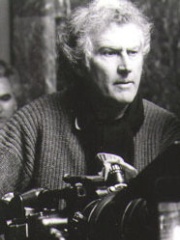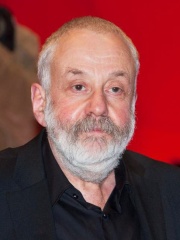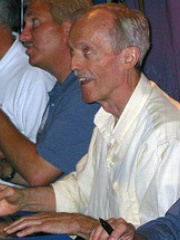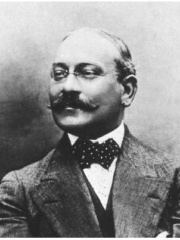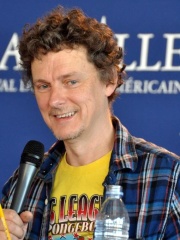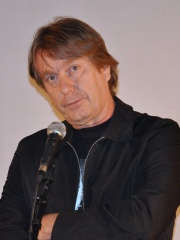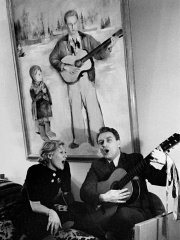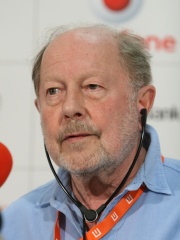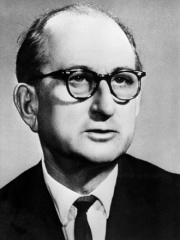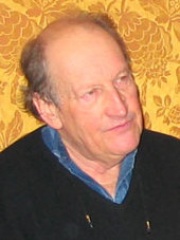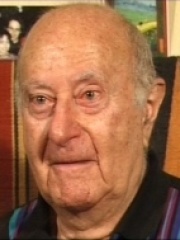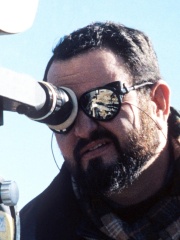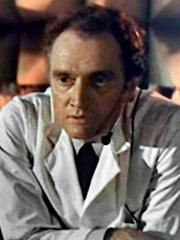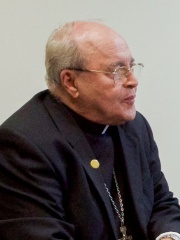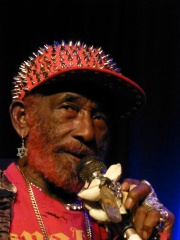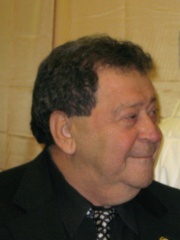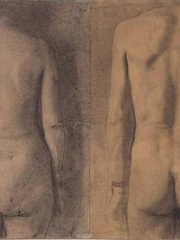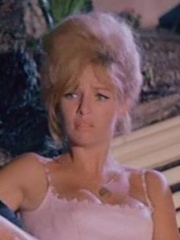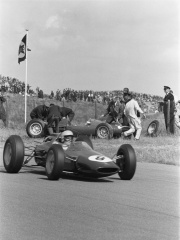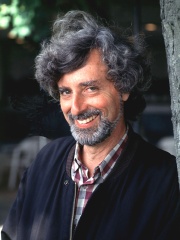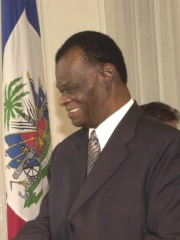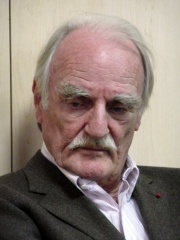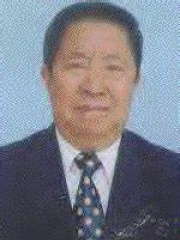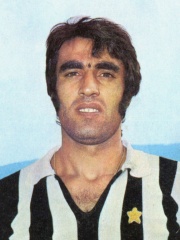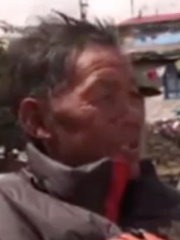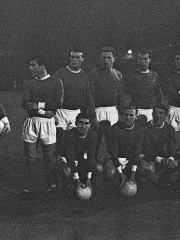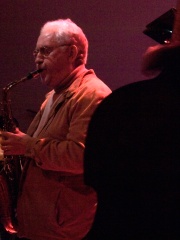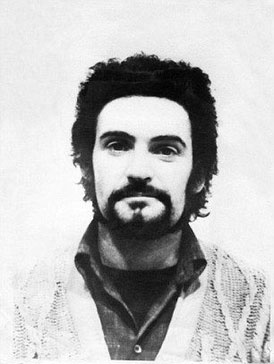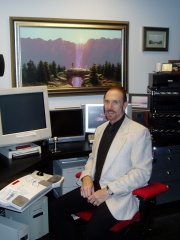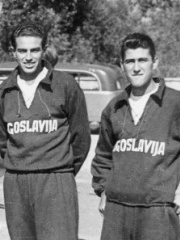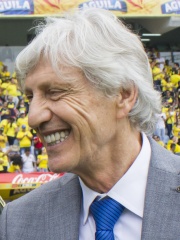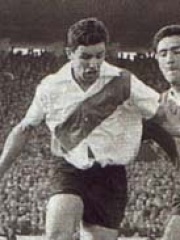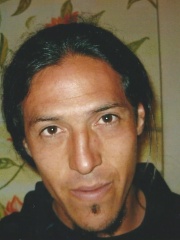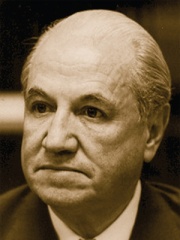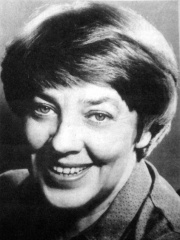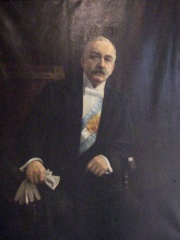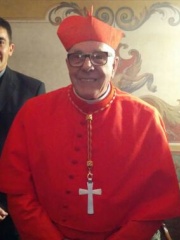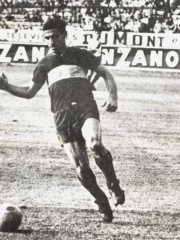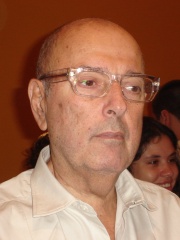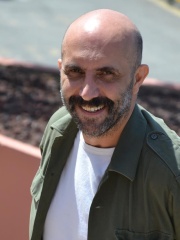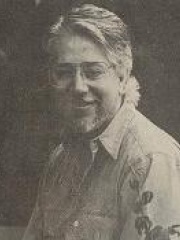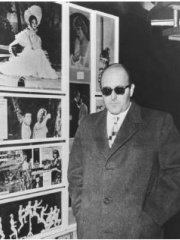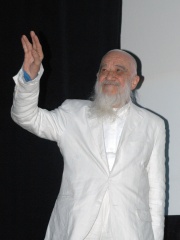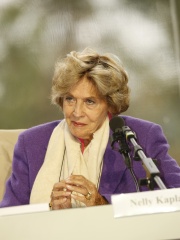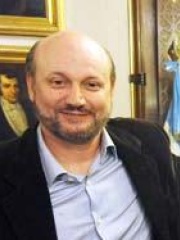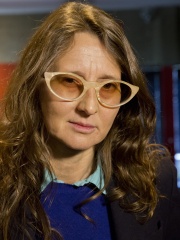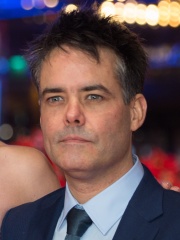Regista
Fernando Solanas
1936 - 2020
IT.WIKIPEDIA PAGE VIEWS (PV)
 Fernando Solanas
Fernando Solanas
La sua biografia è disponibile in 28 lingue su Wikipedia. Fernando Solanas è il 521° regista più popolare (in calo dal 515° nel 2024), la 183ª biografia più popolare dell'Argentina (in calo dal 178ª nel 2019) e il 3° regista più popolare dell'Argentina.
Memorability Metrics
Page views of Fernando Solanas by language
Among Registas
Among registas, Fernando Solanas ranks 521 out of 2,041. Before him are Mike Leigh, Don Bluth, Louis Feuillade, Michel Gondry, Mika Kaurismäki, and Grigori Aleksandrov. After him are Gerard Damiano, Nicolas Roeg, Mikhail Romm, Claude Goretta, Sergio Sollima, and John Milius.
Most Popular Registas in Wikipedia
Go to all RankingsMike Leigh
1943 - Present
HPI: 61.35
Rank: 515
Don Bluth
1937 - Present
HPI: 61.34
Rank: 516
Louis Feuillade
1873 - 1925
HPI: 61.34
Rank: 517
Michel Gondry
1963 - Present
HPI: 61.32
Rank: 518
Mika Kaurismäki
1955 - Present
HPI: 61.30
Rank: 519
Grigori Aleksandrov
1903 - 1983
HPI: 61.30
Rank: 520
Fernando Solanas
1936 - 2020
HPI: 61.29
Rank: 521
Gerard Damiano
1928 - 2008
HPI: 61.27
Rank: 522
Nicolas Roeg
1928 - 2018
HPI: 61.27
Rank: 523
Mikhail Romm
1901 - 1971
HPI: 61.26
Rank: 524
Claude Goretta
1929 - 2019
HPI: 61.26
Rank: 525
Sergio Sollima
1921 - 2015
HPI: 61.24
Rank: 526
John Milius
1944 - Present
HPI: 61.23
Rank: 527
Contemporaries
Among people born in 1936, Fernando Solanas ranks 208. Before him are John P. Ryan, Jaime Lucas Ortega y Alamino, Paul Shenar, Lee "Scratch" Perry, Binyamin Ben-Eliezer, and Antonio López García. After him are Annette Stroyberg, Trevor Taylor, Philip Kaufman, Reiner Klimke, Boniface Alexandre, and Mary Tyler Moore. Among people deceased in 2020, Fernando Solanas ranks 200. Before him are Zizi Jeanmaire, Jean Raspail, Sisavath Keobounphanh, Joachim Yhombi-Opango, Pietro Anastasi, and Muhammad Mustafa Mero. After him are Ang Rita, Harry Gregg, Lee Konitz, Peter Sutcliffe, Terry Goodkind, and Duje Bonačić.
Others Born in 1936
Go to all RankingsJohn P. Ryan
ACTOR
1936 - 2007
HPI: 61.49
Rank: 202
Jaime Lucas Ortega y Alamino
RELIGIOUS FIGURE
1936 - 2019
HPI: 61.41
Rank: 203
Paul Shenar
ACTOR
1936 - 1989
HPI: 61.41
Rank: 204
Lee "Scratch" Perry
MUSICIAN
1936 - 2021
HPI: 61.37
Rank: 205
Binyamin Ben-Eliezer
POLITICIAN
1936 - 2016
HPI: 61.33
Rank: 206
Antonio López García
PAINTER
1936 - Present
HPI: 61.30
Rank: 207
Fernando Solanas
FILM DIRECTOR
1936 - 2020
HPI: 61.29
Rank: 208
Annette Stroyberg
ACTOR
1936 - 2005
HPI: 61.29
Rank: 209
Trevor Taylor
RACING DRIVER
1936 - 2010
HPI: 61.22
Rank: 210
Philip Kaufman
FILM DIRECTOR
1936 - Present
HPI: 61.15
Rank: 211
Reiner Klimke
POLITICIAN
1936 - 1999
HPI: 61.08
Rank: 212
Boniface Alexandre
POLITICIAN
1936 - 2023
HPI: 61.02
Rank: 213
Mary Tyler Moore
COMEDIAN
1936 - 2017
HPI: 61.02
Rank: 214
Others Deceased in 2020
Go to all RankingsZizi Jeanmaire
DANCER
1924 - 2020
HPI: 61.49
Rank: 194
Jean Raspail
WRITER
1925 - 2020
HPI: 61.48
Rank: 195
Sisavath Keobounphanh
POLITICIAN
1928 - 2020
HPI: 61.47
Rank: 196
Joachim Yhombi-Opango
POLITICIAN
1939 - 2020
HPI: 61.40
Rank: 197
Pietro Anastasi
SOCCER PLAYER
1948 - 2020
HPI: 61.40
Rank: 198
Muhammad Mustafa Mero
POLITICIAN
1941 - 2020
HPI: 61.32
Rank: 199
Fernando Solanas
FILM DIRECTOR
1936 - 2020
HPI: 61.29
Rank: 200
Ang Rita
MOUNTAINEER
1948 - 2020
HPI: 61.28
Rank: 201
Harry Gregg
SOCCER PLAYER
1932 - 2020
HPI: 61.27
Rank: 202
Lee Konitz
COMPOSER
1927 - 2020
HPI: 61.26
Rank: 203
Peter Sutcliffe
EXTREMIST
1946 - 2020
HPI: 61.24
Rank: 204
Terry Goodkind
WRITER
1948 - 2020
HPI: 61.20
Rank: 205
Duje Bonačić
ATHLETE
1929 - 2020
HPI: 61.19
Rank: 206
In Argentina
Among people born in Argentina, Fernando Solanas ranks 183 out of NaN. Before him are José Pékerman (1949), Luis Artime (1938), José Della Torre (1906), Mauro Camoranesi (1976), Raúl Prebisch (1901), and Esteban Cambiasso (1980). After him are María Elena Walsh (1930), Pablo Aimar (1979), Roque Sáenz Peña (1851), Luis Héctor Villalba (1934), Fernando Muslera (1986), and Carmelo Simeone (1934).
Others born in Argentina
Go to all RankingsJosé Pékerman
SOCCER PLAYER
1949 - Present
HPI: 61.46
Rank: 177
Luis Artime
SOCCER PLAYER
1938 - Present
HPI: 61.45
Rank: 178
José Della Torre
SOCCER PLAYER
1906 - 1979
HPI: 61.42
Rank: 179
Mauro Camoranesi
SOCCER PLAYER
1976 - Present
HPI: 61.41
Rank: 180
Raúl Prebisch
ECONOMIST
1901 - 1986
HPI: 61.37
Rank: 181
Esteban Cambiasso
SOCCER PLAYER
1980 - Present
HPI: 61.30
Rank: 182
Fernando Solanas
FILM DIRECTOR
1936 - 2020
HPI: 61.29
Rank: 183
María Elena Walsh
WRITER
1930 - 2011
HPI: 61.25
Rank: 184
Pablo Aimar
SOCCER PLAYER
1979 - Present
HPI: 61.24
Rank: 185
Roque Sáenz Peña
POLITICIAN
1851 - 1914
HPI: 61.17
Rank: 186
Luis Héctor Villalba
RELIGIOUS FIGURE
1934 - Present
HPI: 61.00
Rank: 187
Fernando Muslera
SOCCER PLAYER
1986 - Present
HPI: 61.00
Rank: 188
Carmelo Simeone
SOCCER PLAYER
1934 - 2014
HPI: 60.97
Rank: 189
Among Registas In Argentina
Among registas born in Argentina, Fernando Solanas ranks 3. Before him are Héctor Babenco (1946), and Gaspar Noé (1963). After him are Luis Puenzo (1946), Andy Muschietti (1973), Leopoldo Torre Nilsson (1924), María Luisa Bemberg (1922), Fernando Birri (1925), Nelly Kaplan (1931), Juan José Campanella (1959), Lucrecia Martel (1966), and Sebastián Lelio (1974).
Héctor Babenco
1946 - 2016
HPI: 63.77
Rank: 1
Gaspar Noé
1963 - Present
HPI: 63.19
Rank: 2
Fernando Solanas
1936 - 2020
HPI: 61.29
Rank: 3
Luis Puenzo
1946 - Present
HPI: 57.51
Rank: 4
Andy Muschietti
1973 - Present
HPI: 57.29
Rank: 5
Leopoldo Torre Nilsson
1924 - 1978
HPI: 54.90
Rank: 6
María Luisa Bemberg
1922 - 1995
HPI: 54.71
Rank: 7
Fernando Birri
1925 - 2017
HPI: 54.50
Rank: 8
Nelly Kaplan
1931 - 2020
HPI: 54.47
Rank: 9
Juan José Campanella
1959 - Present
HPI: 52.79
Rank: 10
Lucrecia Martel
1966 - Present
HPI: 52.50
Rank: 11
Sebastián Lelio
1974 - Present
HPI: 47.79
Rank: 12
